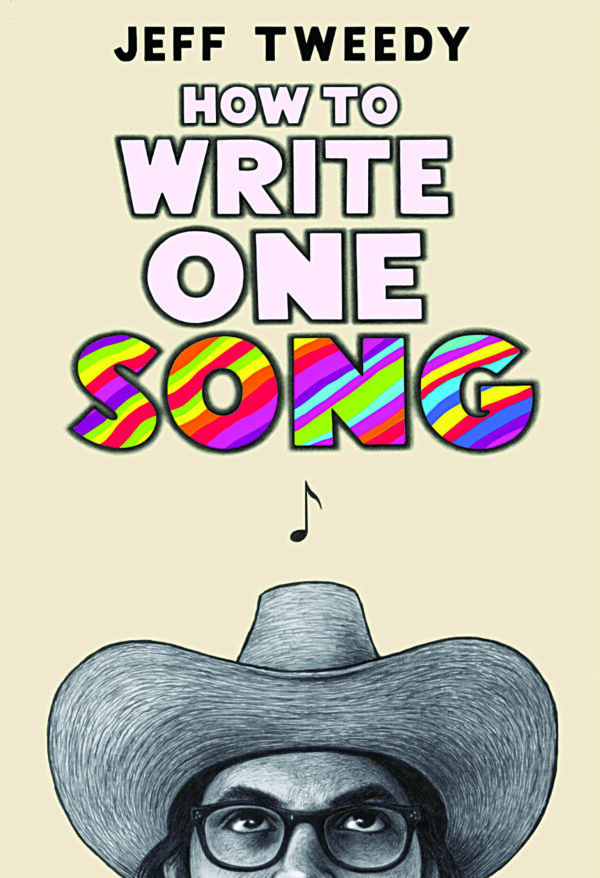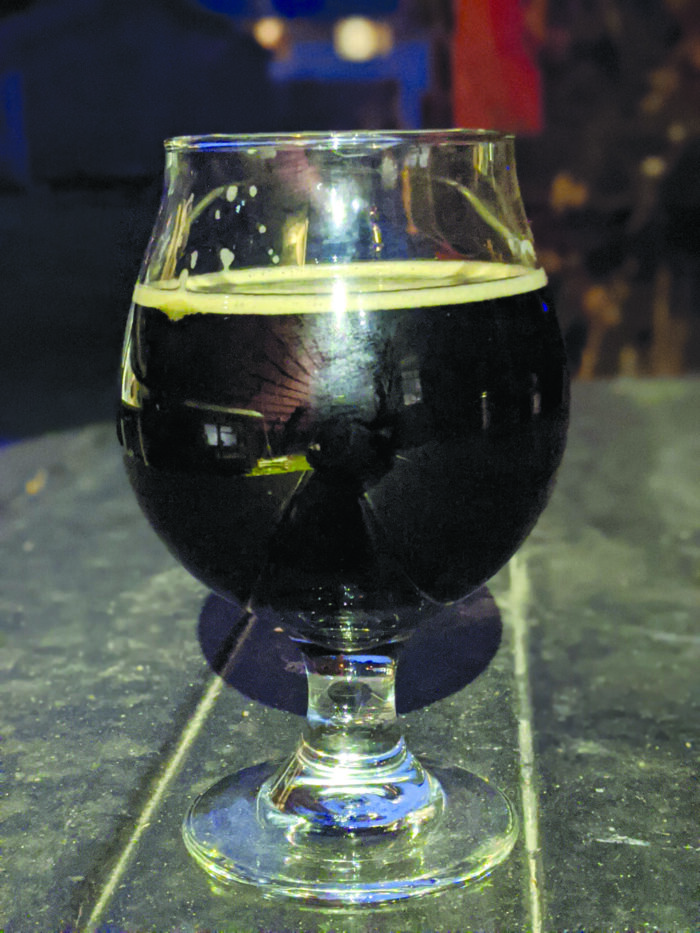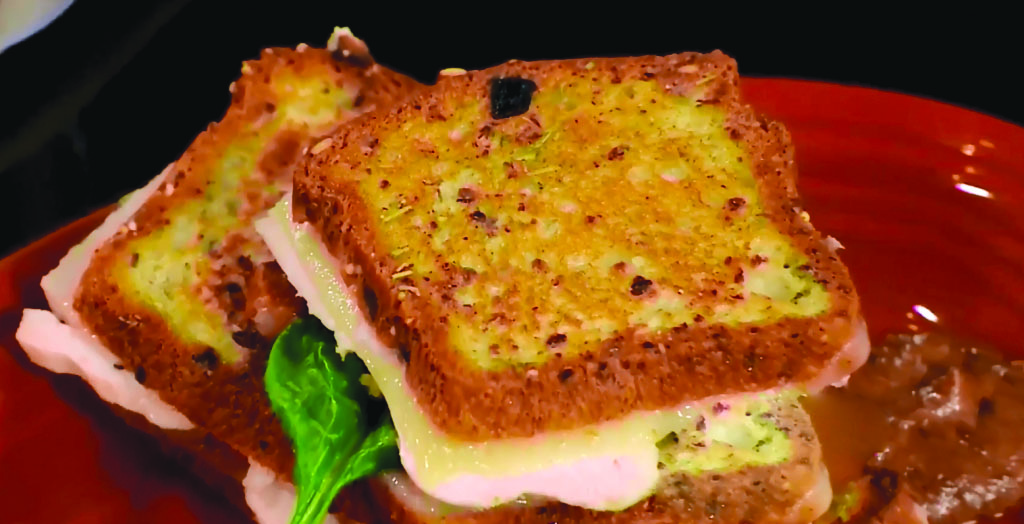How to Write One Song, by Jeff Tweedy (Dutton, 159 pages)
Of all the implausible goals on my bucket list, writing a song is not one of them. Although I possess both a guitar and a piano, and regularly abuse a vintage iPod, I have always been a consumer of music, not a creator, and it never even crossed my mind to try birthing a song. I’ll venture to say that’s probably true of you, too.
So Jeff Tweedy’s How to Write One Song should have no value to people like us, but as it turns out, the book is a quirky little pep talk that’s more about creativity in general than about songwriting in specific. Imagine Julia Cameron (The Artist’s Way) or Steven Pressfield (The War of Art) in a cowboy hat. Like these creativity coaches, Tweedy proposes to wrest people from tedium — of jobs, lives, dinner choices — by inviting a daily visit from the muse. But he believes that anyone can write a song that is meaningful to them, even without music education or even owning an instrument.
Tweedy, recently described in Rolling Stone magazine as “one of today’s greatest songwriters,” leads the Grammy-winning rock band Wilco and was co-founder of the group Uncle Tupelo. He begins with an interesting assessment of how songs differ from other art forms, like novels or paintings. “They’re hard to hold on to — airlike and ephemeral. They pass through time. They’re here, then gone … Yet they’re portable, they can linger as a memory, and even crazier, they can just pop into our minds for no discernable reason.”
If people think at all about the craft of songwriting, Tweedy says, they’re likely to assume that songs are conjured, not written. He concedes that there is some sort of partnership between the conscious mind and the unconscious, but doesn’t subscribe to the magical “the universe gave me this work, I am but a lowly conduit” mindset. Instead his is a practical method that benefits from timers, schedules and, amusingly, theft.
“Everyone who you could possibly steal from at this point in human evolution is a thief. Even innovators seemingly without any historical precedence are found to be building on someone else’s foundation, upon deeper investigation,” Tweedy writes.
That doesn’t mean he endorses presenting someone else’s work as your own, but seeing the work of others in the context of a “shared ability to create,” and thus allowing for inspiration and integration into your own work. “I believe that writing your own lyrics to an existent melody is a damn fine thing to do if you don’t have much of handle on the music side of things and you really need to get something off your chest in song.”
In fact, one of his suggested exercises is to steal words from a book. Think of a melody, and then “Open up a book anywhere, any page, and keep humming the melody to yourself as you scan. Don’t really try to comprehend what you’re reading; just let your mind skim over the surface of the words on the page and focus your attention on the melody.”
The goal is to capture ideas without the control of the ego, to connect with an “anchor word” from which inspiration flows. Tweedy says that he used this process when writing Wilco’s song “Hummingbird,” conceived with an assist from Henry Miller’s Stand Still Like the Hummingbird. (That’s a nice example of how “theft” doesn’t have to be a crime.)
Simple and folksy, How to Write One Song does not attempt to be more than what it is, a conversation between someone who knows how to write songs and people who don’t. There may not be any great gems of insight here, but there are pebbles of smart, such as Tweedy’s insistence that, to truly succeed at any form of art, the process has to be the goal, not the success of the work, or even the work itself.
In other words, if you want to write a song in order to make money and win a Grammy, you will most likely be emotionally crushed. If you, instead, decide that writing a song is a worthy goal in itself, that the act of creating it has benefits (which Tweedy believes), then you win every time you sit down with a timer and work on your song (or painting or poem) for five minutes. That you win every day when you do it for nothing more than the love of the work.
“There’s just a lot of joy in it, in having created something at all. I don’t feel as bad about other things. I don’t necessarily feel high, or overly joyed. I just feel like, ‘Oh, I’m not wasting my time.’”
But what if we are wasting our time? It’s easy to think that if we are creating things that don’t net us money or recognition. Tweedy says we have to mentally return to childhood, when we hunched over a Crayola masterpiece for an hour and were so proud of what we produced, despite its actual artistic worth. “The drawing got hung up on the fridge regardless of how good it was, because your mom loves you and everyone loves you. Why can’t you be that kind to yourself?”
He goes on: “That’s one of the problems with humans — that we can be talked out of loving something. That we can be talked out of loving something that we do, and we can be talked out of loving ourselves. Easily, unfortunately.”
Will you write a song after reading this book? Maybe not, but it’s still worth the small investment of time, and if nothing else, maybe you’ll resume coloring on the floor, a joyful activity that Tweedy himself would endorse. B
BOOK NOTES
Since songwriting is, well, writing, it’s a natural progression for musicians to write books, too. Whether they’re readable is another story.
Anything by country music superstar Dolly Parton, however, seems a safe bet. She’s out this week with Dolly Parton, Songteller: My Life in Lyrics, written with an assist from music journalist Robert K. Oermann (Chronicle, 388 pages). The publisher promises that fans will learn the origin stories of Parton classics such as “Jolene,” “9 to 5” and “I Will Always Love You,” as well as more than 170 other songs that Parton has written.
If you have a Parton fan on your Christmas list, pair this with a “A Holly Dolly Christmas” CD and you’re done.
But Thanksgiving stands between us and Christmas, so more pertinent to your life this week may be The Book on Pie: Everything You Need to Know to Bake Perfect Pies by Erin Jeanne McDowell, with photos by Mark Weinberg (Rux Martin/Houghton Mifflin Harcourt, 352 pages).
McDowell, the author of 2017’s The Fearless Baker and a host on Food Network Kitchen, believes that pie of any kind is perfectly acceptable fare for breakfast, which seems reason enough to buy this book. In it, she walks novices through crust-making (she prefers butter to Crisco and lard), and offers her own recipes on classics like apple pie, entrees such as chicken pot pie, and dozens of creative variations such as striped citrus pie, watermelon pie, triple chocolate caramel truffle pie and pina colada pie. Your socially distanced relatives and friends will thank you for reading this book.
Also, fans of Hallmark holiday movies (I don’t understand you, but I know you exist) will want to pick up the clunkily titled Hallmark Channel Countdown to Christmas: Have a Very Merry Movie Holiday (Hearst Home, 224 pages). Author Caroline McKenzie offers recipes and decorating tips from “stars, screenwriters, set designers, costume designers, and directors who create the movie magic.”
In other TV-inspired holiday fare, check out The Official Downton Abbey Christmas Cookbook (Weldon Owen, 240 pages) by Regula Ysewijn. “Now you can eat like an aristocrat,” a review in Delish promises, evidence of yet another wide divide in America: the Downton Abbey stans versus the Hallmark Christmas movie peeps.
Featured photo: How to Write One Song









